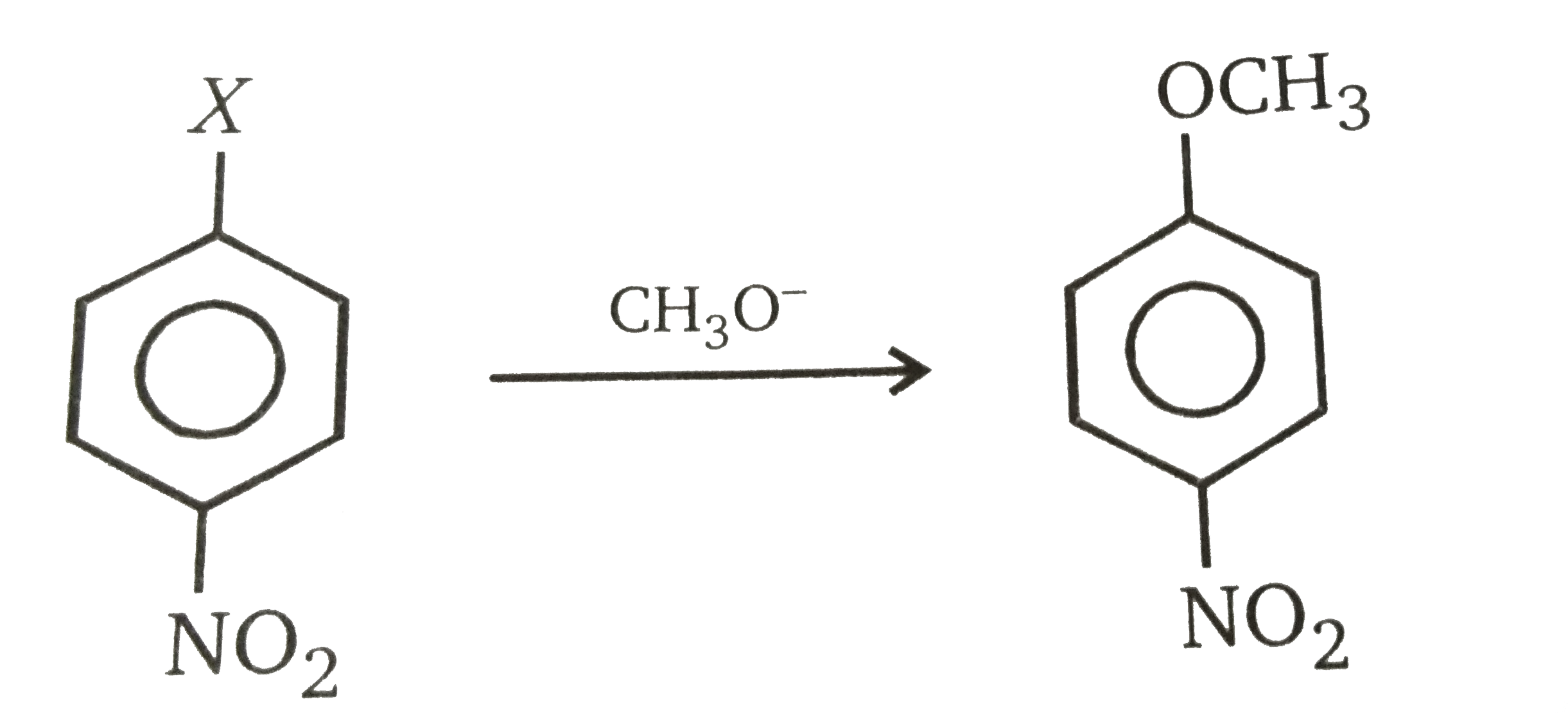Formation of phenol from chlorobenzene is an example of
…. Aromatic substitution.
Video Solution
Text Solution
Nucleophilic, benzyne
|
Topper's Solved these Questions
- ALCOHOLS, PHENOLS AND ETHERSBook:PRADEEPChapter:ALCOHOLS, PHENOLS AND ETHERSExercise:CONCEPTUAL QUESTIONS
Explore 18 Videos
- ALCOHOLS, PHENOLS AND ETHERSBook:PRADEEPChapter:ALCOHOLS, PHENOLS AND ETHERSExercise:NCERT QUESTIONS AND EXERCISES WITH ANSWERS (NCERT INTEXT SOLVED QUESTIONS)
Explore 7 Videos
- ALCOHOLS, PHENOLS AND ETHERSBook:PRADEEPChapter:ALCOHOLS, PHENOLS AND ETHERSExercise:TEST YOUR GRIP (I. MULTIPLE CHOICE QUESTIONS)
Explore 19 Videos
- ALDEHYDES, KETONES AND CARBOXYLIC ACIDS Book:PRADEEPChapter:ALDEHYDES, KETONES AND CARBOXYLIC ACIDS Exercise:IMPORTANT QUESTIONS FOR BOARD EXAMINATION
Explore 29 Videos
Similar Questions
Knowledge Check
For an electrophilic aromatic substitution reaction
AChlorine is o-p directing group and also electron releasing groupBChlorine is o-p directing group and also electron withdrawing groupCChlorine is meta directing group and also electron releasing groupDChlorine is meta directing group and also electron withdrawing groupStatement -1 : When phenol is treated with PBr3 is gives bromobenzene.
Statement -2 It is an example of nucleophilic substitutionAStatement -1 is true ,Statement -2 is True , Statement -2 is a correct explanation for Statement −1BStatement -1 is True , Statement -2 is True Statement -2 is NOT a correct explanation for Statement −1CStatement -1 is True Statement -2 is FalseDStatement -1 is False Statement -2 is TruePhenol undergoes aromatic substitution to give
Ao-disubstituted productBp-disubstituted productsCo and p-disubstitute productsDm-disubstitute product
Phenol may be obtained from chlorobenzene using reagents.
View SolutionConversion of chlorobenzene into phenol involves
View Solution
above reaction is an example of Nucleophilic aromatic substitution. Which of the following halide (−x) is most readily replaced.
View SolutionWhich of the following reaction belong to electrophilic aromatic substitution
View SolutionWhich of the following reaction belong to electrophilic aromatic substitution
View Solution

